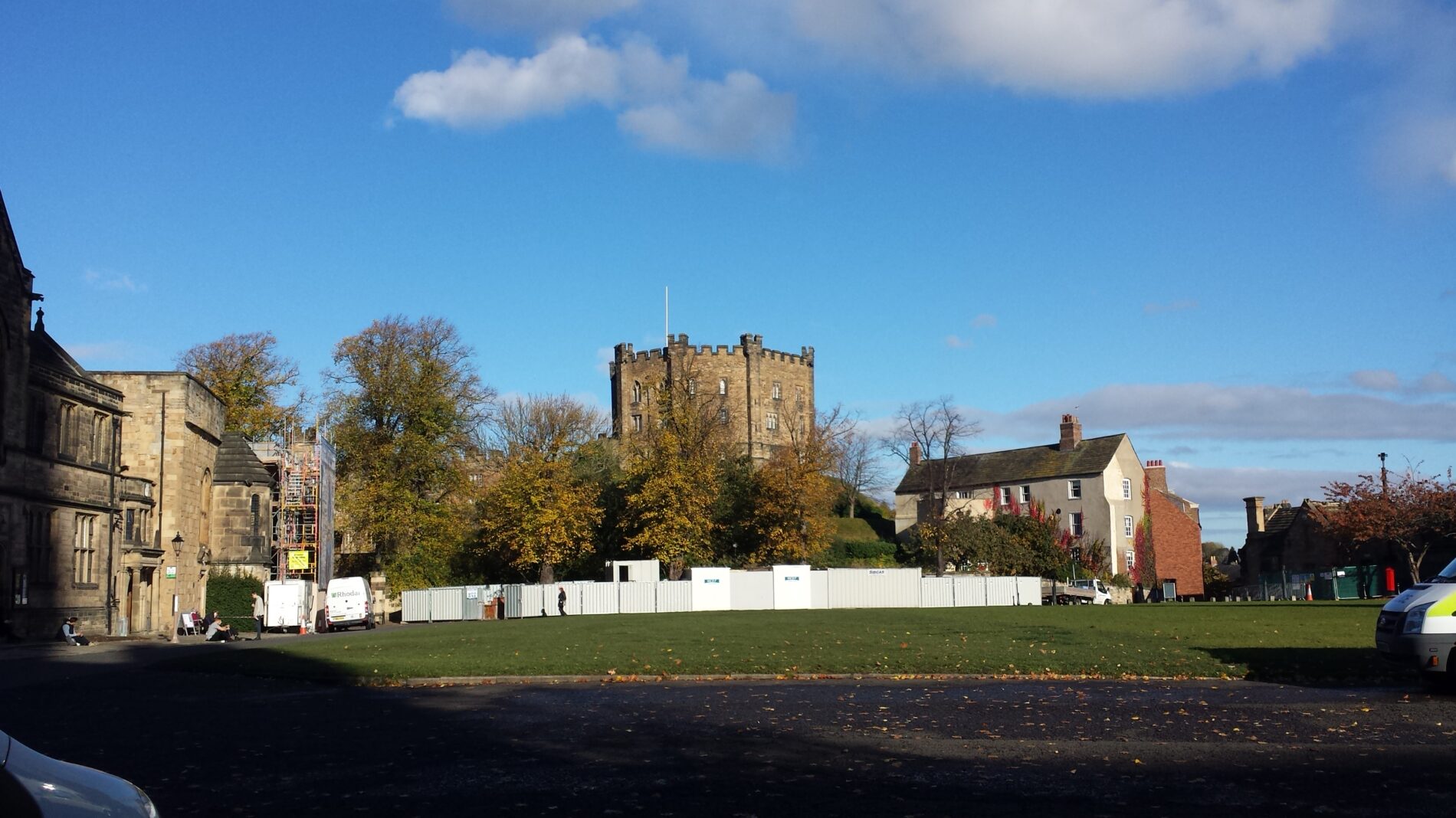Diagnosing adults with Anxiety Disorder can be difficult. Many people start to suffer from anxiety in their early teens and the symptoms displayed by children and adolescents can be quite different.
Adult Anxiety Disorder and childhood Anxiety Disorder are basically the same thing, but there are various factors that make its presentation in adults different. Firstly, adults are more prone to worry about the social stigma of having a mental health problem or a mood disorder. Secondly, adults are likely to have responsibilities that make avoidance behaviour difficult.
The typical symptoms of Adult Anxiety Disorder are:
- Racing heart (palpitations)
- Chest tightness
- Feeling disconnected and “strange”
- Dizziness
- IBS and upset stomach
- Nausea
- Muscle tension
- Insomnia
- Irritability
Often doctors assume that any of the above symptoms are caused by other physical diseases or health problems. It is common for an adult suffering from a panic attack to be admitted for ECG heart examination.
The risk of Adult Anxiety Disorder increases with stress from work or family life, financial problems, poor health, poor diet and nutrient deficiency, vestibular disorders (dizziness and vertigo), alcohol and drug abuse, lacking a focus in life, mid-life-crisis and divorce.
There may not be a clear reason for a bout of anxiety, and patients should not be sent for psychotherapy or regression hypnosis such as hypnoanalysis on the misguided basis that there is some unresolved trauma in their past. This is rarely if ever the case.

So many people deal with anxiety everyday you did good research for this post keep putting out good work